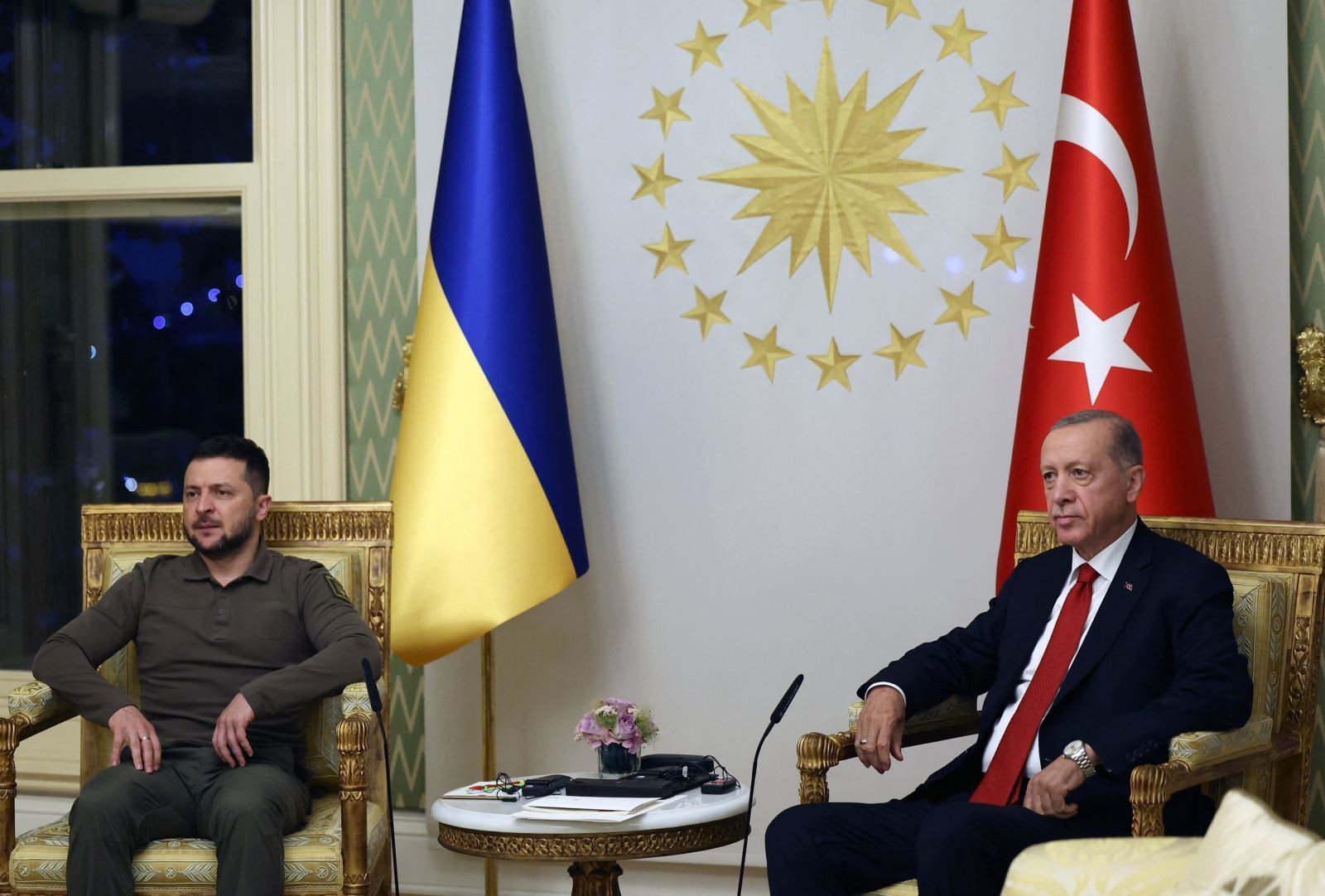Several countries still emerge as potential intermediaries that could play a supporting role in the negotiations.

On September 11, the protracted conflict between Russia and Ukraine caused much pain and destruction, and the search for a path to peace became increasingly urgent. Although the views of the leaders of Russia and Ukraine often clashed, several countries emerged as potential mediators who could play a supporting role in the negotiations. Here are the countries considered to be potential mediators to end the conflict.
Shirt
Austria has become the latest country to express its intention to mediate in the Russia-Ukraine conflict. Austrian Chancellor Karl Nehammer said that Vienna could “support a just and lasting peace based on international law and serve as a venue for negotiations.” Home to several UN agencies and with a history of political neutrality, Austria is seen as an ideal venue for the talks. However, Peter Rough, director of the Center on Europe and Eurasia at the Hudson Institute, said that Austria’s role would be limited due to its lack of real influence over the parties involved.
Hungary
Hungary, under Prime Minister Viktor Orbán, has positioned itself as a potential broker thanks to its close ties with Russia. Prime Minister Orbán has held talks with both Ukrainian President Volodymyr Zelensky and Russian President Vladimir Putin, calling for a ceasefire. However, the ongoing conflict between Budapest and Kiev makes it difficult for Hungary to be accepted as an objective broker. Mr. Orbán’s efforts are seen as more of a political ploy to score domestic points than a genuine peace initiative.
Brazil, China and India
At the Eastern Economic Forum, President Putin mentioned Brazil, China and India as countries that could play a mediating role. However, each of these countries has its own limitations. China, with its close relationship with Russia, is unlikely to be able to provide an objective mediator role, and the United States will not allow China to gain the status of a peacekeeper.
India has the advantage of having good relations with both Russia and Ukraine, but the question is whether New Delhi really wants to take on this role. India, with its non-aligned policy, cannot provide the security guarantees needed to maintain a lasting ceasefire. Brazil, on the other hand, although mentioned by Putin, has so far made no clear moves to demonstrate its willingness or ability to mediate.
Türkiye
Türkiye has previously played a mediating role in grain negotiations between Russia and Ukraine, demonstrating Ankara’s potential to organize and facilitate negotiations. Turkish President Recep Tayyip Erdogan has repeatedly expressed his desire to contribute to the peace process, although Turkey’s complicated relations with Russia and NATO have cast doubt on its role. However, experts believe that Turkey’s participation in peace talks will require strong support from the United States and Western Europe to be viable.
Switzerland
Switzerland, with its long tradition of neutrality, also hosted a peace conference to promote President Zelensky’s 10-point peace formula to end the war. While the conference did not involve Russia, it demonstrated Switzerland’s ability to create a neutral and safe environment for potential negotiations. The lack of particularly close ties to any side in the conflict makes Switzerland a prime candidate for this role.
Indonesia or New Zealand
In addition to the countries mentioned, some experts believe that Indonesia or New Zealand could play a symbolic mediating role, especially in the context that the US may support their participation in the negotiations. Both countries have experience in mediating international conflicts and have a neutral, non-controversial position.